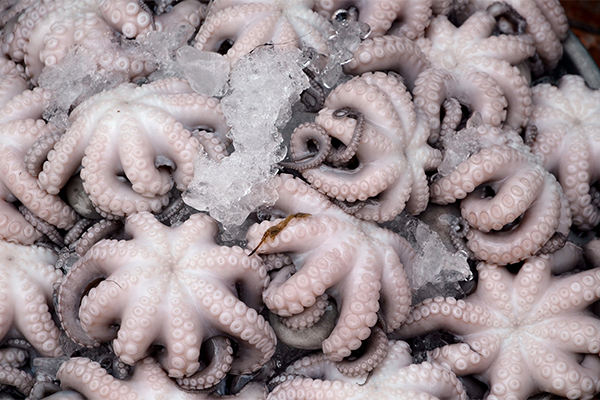
Fisheries
Might a new aging tool help improve octopus fishery management?
A new tool uses growth rings on octopus beaks and stylets to validate their age, possibly leading to improved octopus fishery management.
Responsibility
Restorative aquaculture could significantly drive economic growth in the NSW South Coast but implementation challenges remain.

Fisheries
A new tool uses growth rings on octopus beaks and stylets to validate their age, possibly leading to improved octopus fishery management.
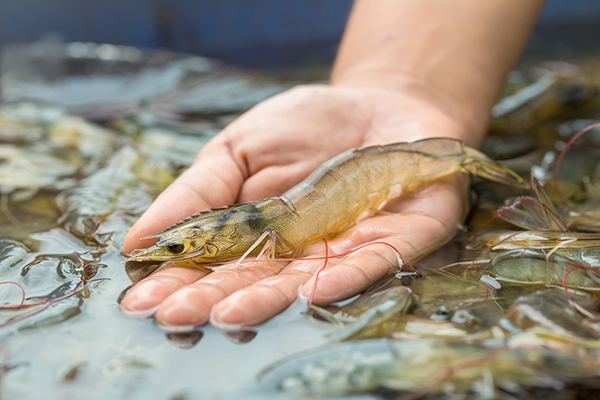
Intelligence
Genics has launched Shrimp MultiPath2.0, a technology that can detect 18 shrimp diseases and identify genetic variations in a single test.
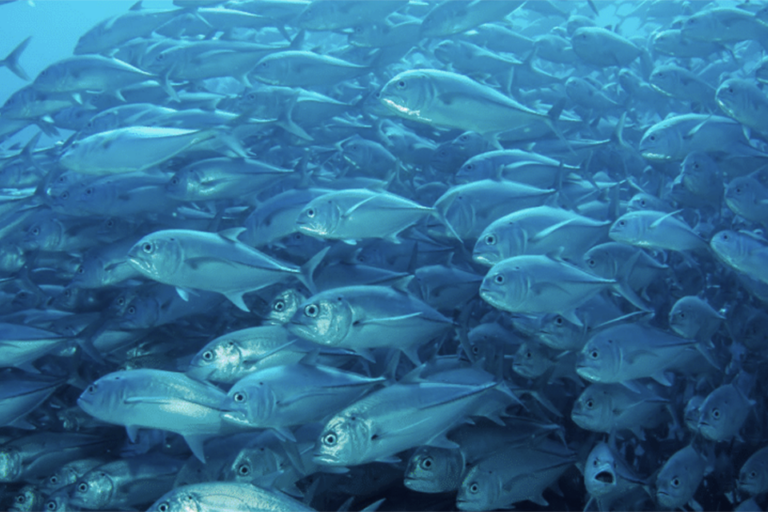
Responsibility
An expert panel of scientists convened by CRC discussed driving the blue economy while improving seafood nutrition, accessibility and sustainability.
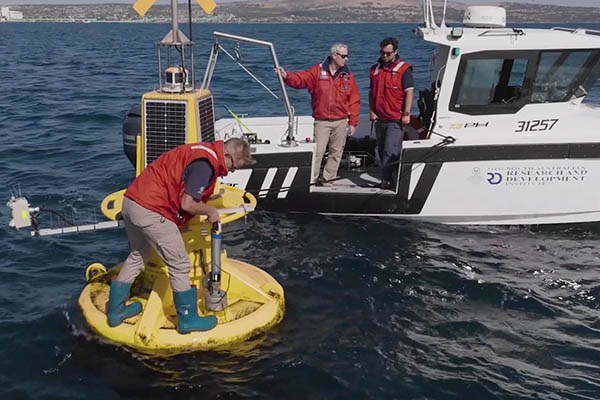
Intelligence
CSIRO’s AquaWatch technology "significantly" helped water quality monitoring needed to support aquaculture growth in the Spencer Gulf region.
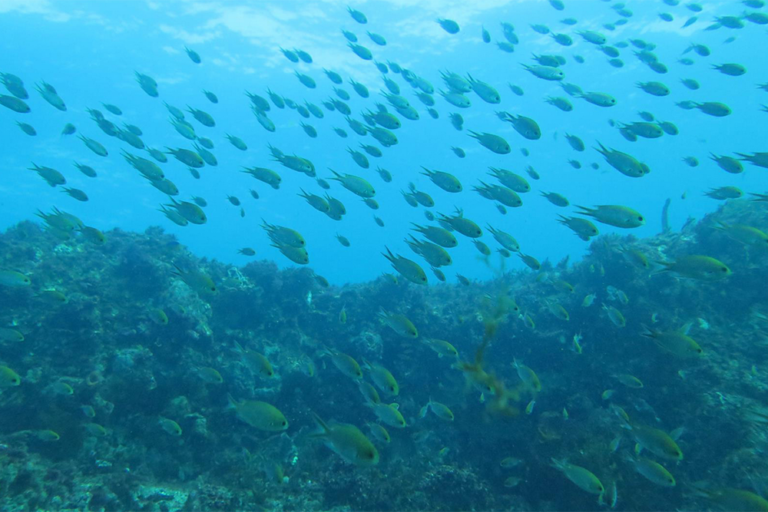
Fisheries
Study demonstrates the value of imaging sonar for quantifying fish communities, with limitations and recommendations for deployment in future surveys.
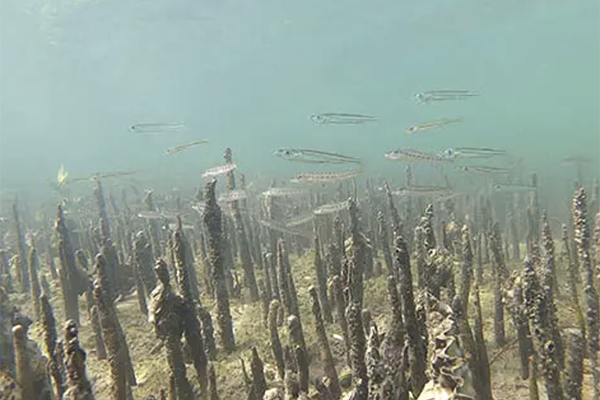
Responsibility
Benefits of more shellfish include improved water quality from filter-feeding and providing habitat and nursery grounds for marine species.
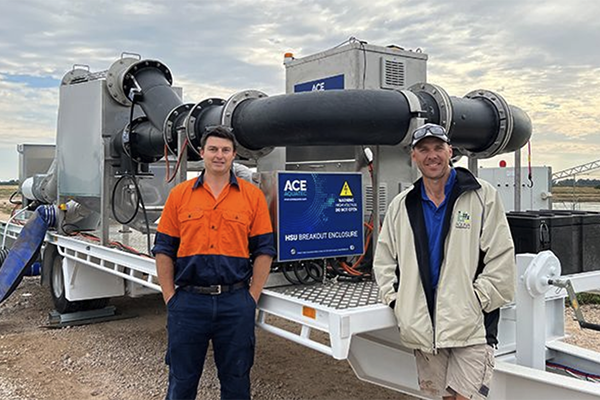
Health & Welfare
Aquna Sustainable Murray Cod report a "vast improvement" in welfare and efficiency since installing a trailer-mounted in-water fish stunner.
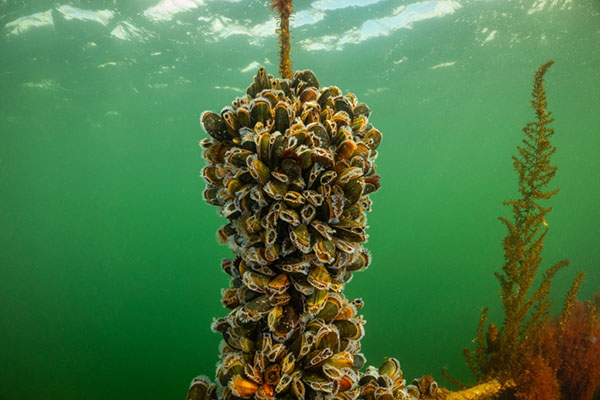
Responsibility
A community-focused research project will explore the responsible growth of regenerative farming in waters off the New South Wales coast.
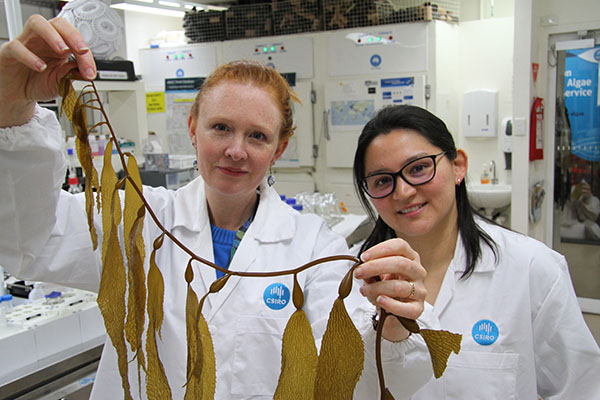
Responsibility
A first-of-its-kind unique partnership with the Nature Conservancy Australia will seek to restore and "future-proof" giant kelp forests.
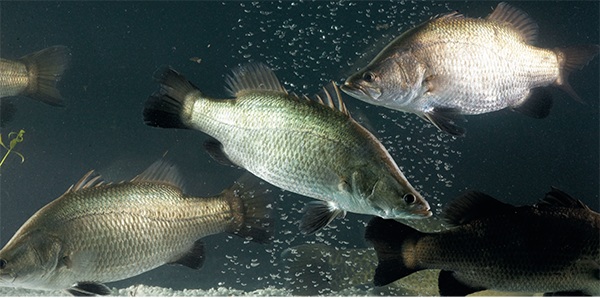
Intelligence
Artificial intelligence can "push the boundaries of aquaculture" to help meet global food demand, says a University of Queensland researcher.
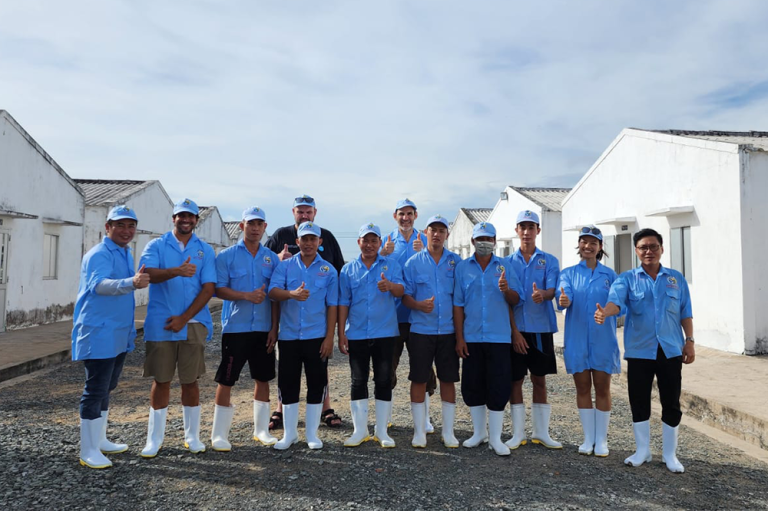
Aquafeeds
El aditivo para alimentos superó a una dieta de control, con animales más grandes y un 25 por ciento más de supervivencia, así como a un alimento comercial de referencia.

Aquafeeds
The feed additive outperformed a control diet – with larger animals and 25 percent greater survival – as well as a benchmark commercial feed.
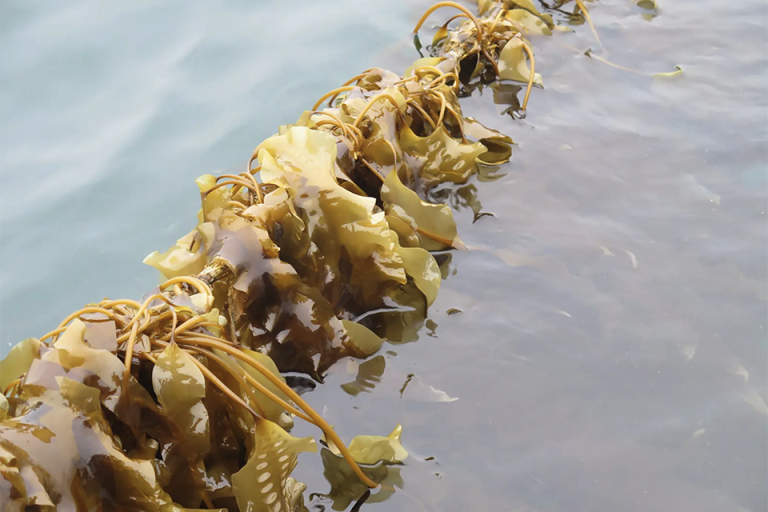
Innovation & Investment
The project will focus on developing technologies suitable for commercial-scale offshore kelp farming and production in Tasmania.
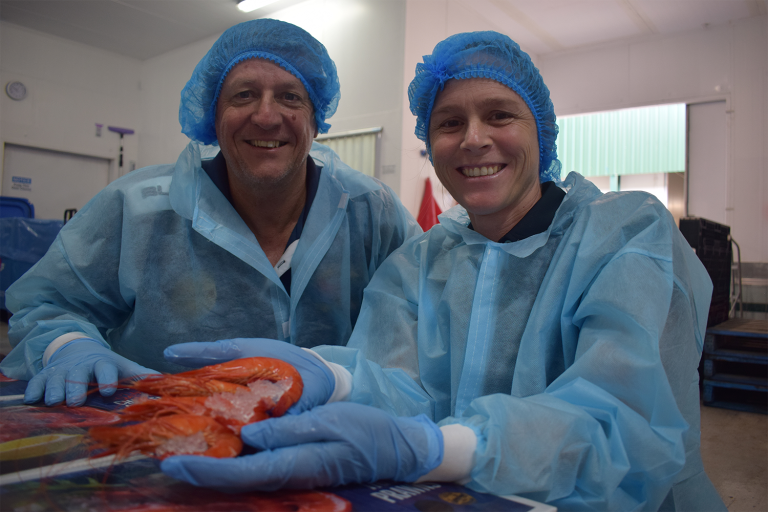
Health & Welfare
Successfully producing black tiger shrimp in the presence of White Spot Syndrome Virus shows the drive and toughness of shrimp producers Down Under.
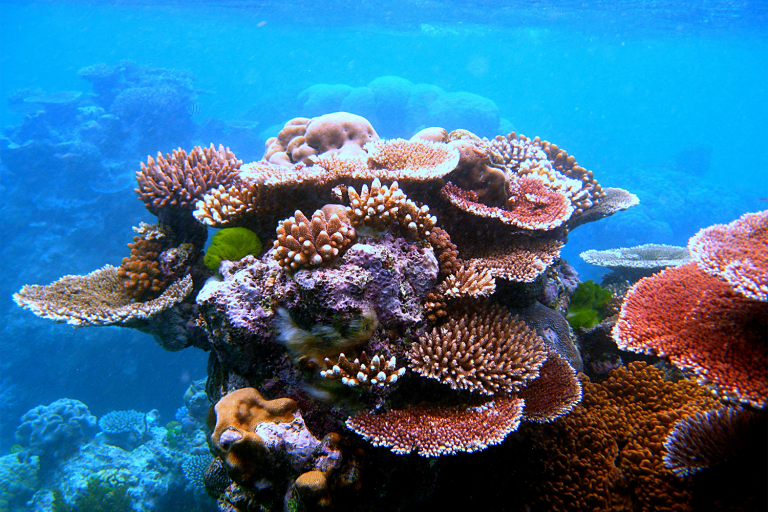
Responsibility
Model generates a coral aquaculture facility on Australia’s Great Barrier Reef and a plan for optimal growth time to minimize costs.